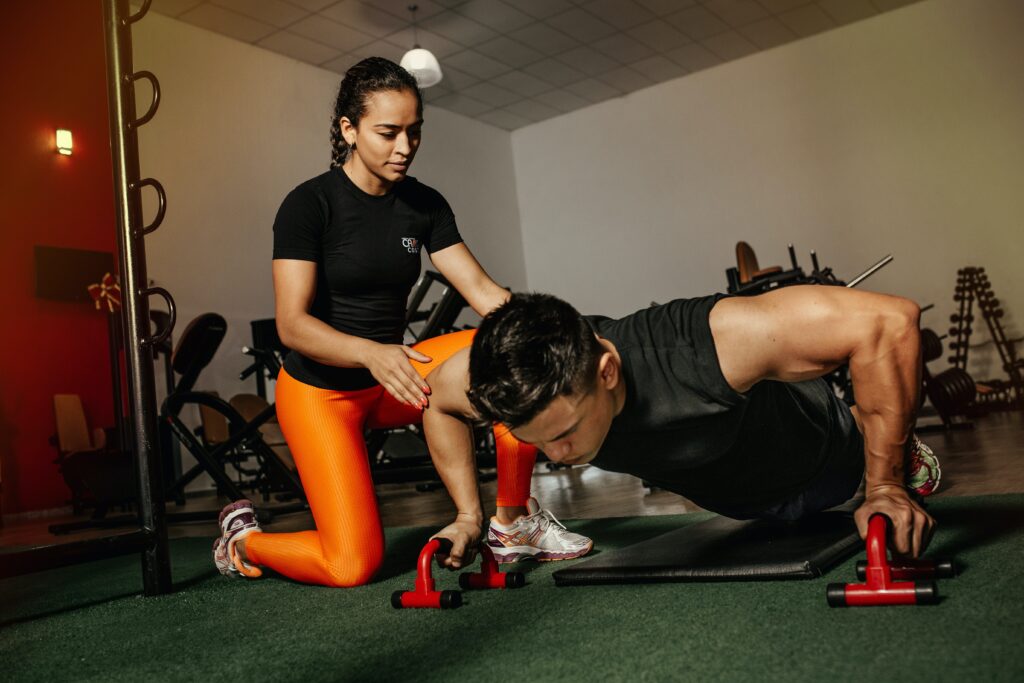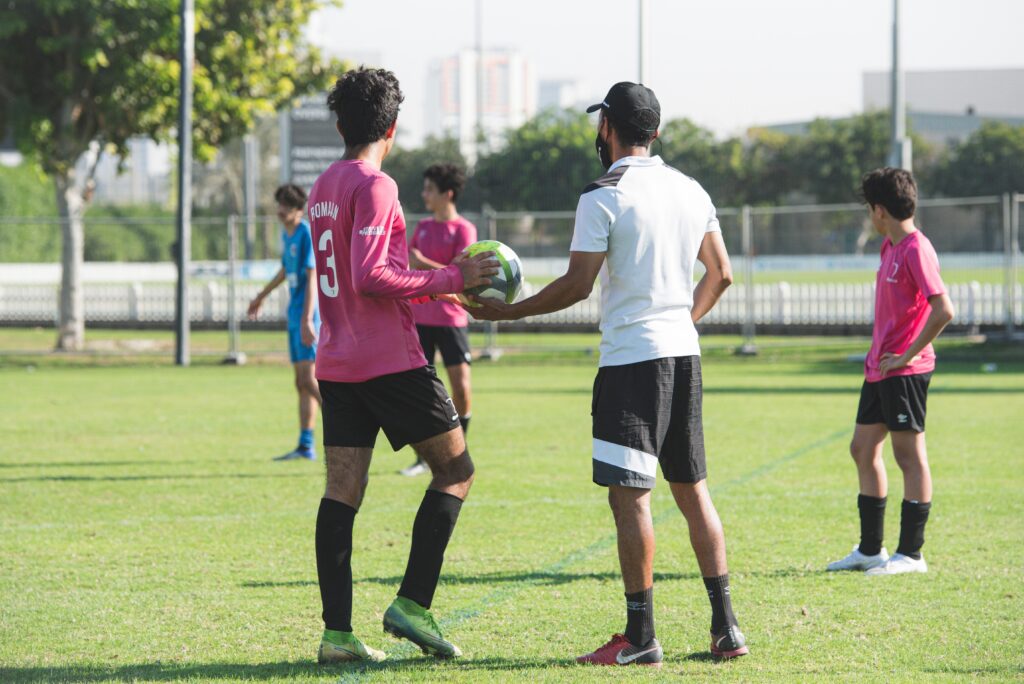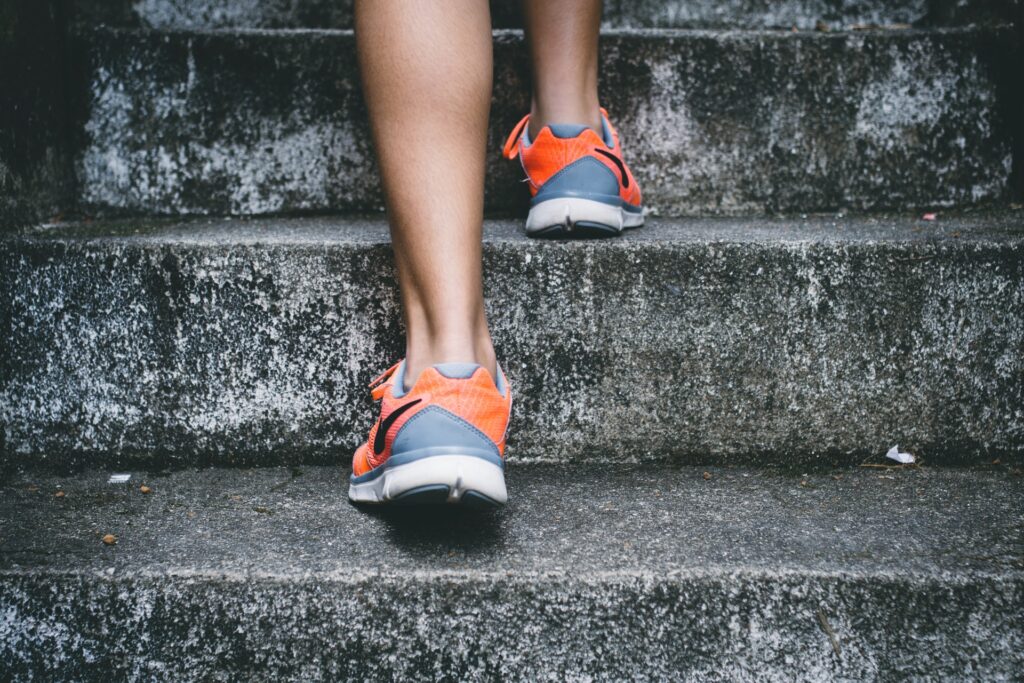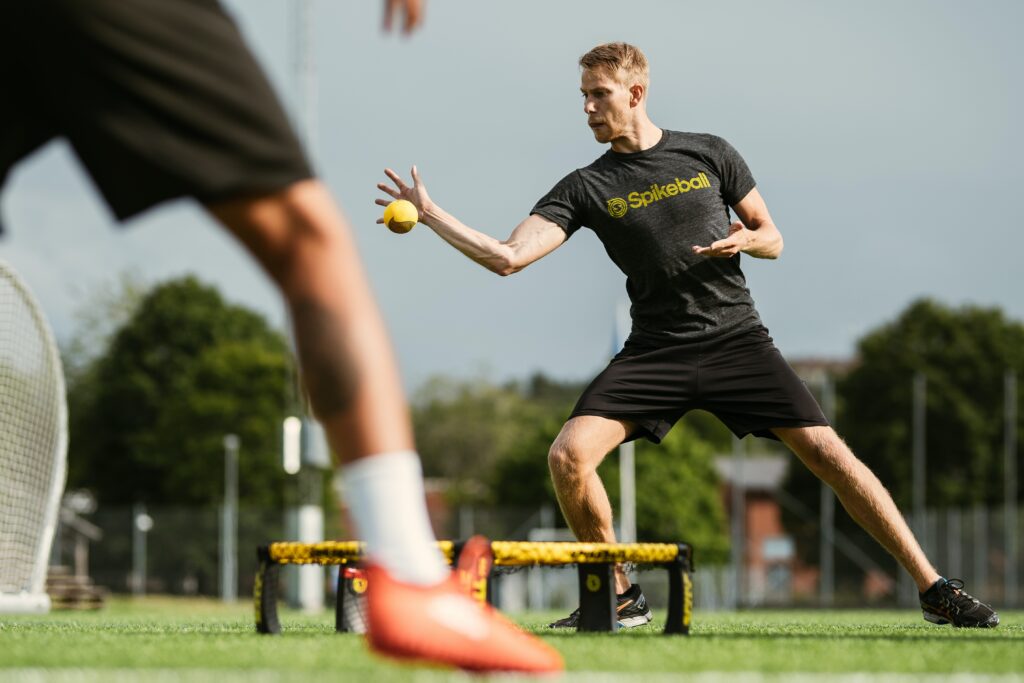Enhance your confidence in every facet of your life. Confidence can be that challenging quality that inhibits many aspects of your life and can hold you back carrying out things you really wish to consider. Confidence coaching in London could be the way for you to upgrade your success. Click here for more information about my sessions for confidence coaching in London.

Sport and performance confidence coaching in London
Why not discover some of the strategies and techniques of the world’s leading performers who have all experienced a lack of confidence at some stage, to become the person you want to become.
You will see these capabilities which often will lead to a more enjoyable and fun life. Nothing beats trying something you fear and experiencing an exhilaration to know you can actually do it and it’s satisfying. If there are elements of your life in which developing more confidence is significant to you, then this article will be of interest for you.
Confidence coaching in London and the strategies of the world’s champions
Confidence coaching in Sport
If there is one single key factor in having the capacity to perform when it matters, it is your level of confidence. Data is overwhelming that confidence is a critical psychological modifier in impacting the performance of athletes in sport. Quite simply, confident athletes perform better than less confident athletes. Nonetheless, confidence is the one thing guaranteed to leave you when you feel you are not performing at your most effective. So how can you create a stronger confidence that remains with you when you really need it?
Confidence coaching in London: What is confidence?
Confidence is simply an understanding that you can do something effectively. Self-confidence is often used to refer to a positive mind-set and healthy belief in oneself. It is the understanding that you can successfully accomplish a particular action or task. This situation specific self-confidence is known as self-efficacy. A soccer player could have a high degree of self-confidence in dribbling but a low degree of self-confidence in penalty taking.
When you perform at your best, you might not be actively thinking about something at all, just having some great pleasure in the moment, totally taken in in the moment. You are absorbed in doing what you delight in and what you have devoted hours of coaching to perfect. When you are not performing effectively, however, confidence can be a challenging state that runs away, nowhere to be found…
Confidence coaching in London and when things are tough
When you have ‘one of those days’ when things don’t seem to be heading your way, how frequently have you said to yourself “What the hells’ going on today?” This is not the time for negative or impractical thinking (e.g. “This always happens..”). Rather, it’s a time to create compact alterations and compensations to help get you back in line. It is a time to look at the things that are doing the job, however tiny, and build on these, or simply to start afresh. It might amaze you how small the change might need to be to get you back where you ought to be. Very easy to say, yet certainly not always so easy to do.
Confidence coaching in London: Fragile and robust confidence
Sport psychologists might focus on fragile and robust confidence. Fragile confidence is ‘weak’ confidence, dependent purely on results – win and you feel confident, lose and you feel unconfident. Robust confidence, on the other hand, is more internal and ‘strong’ as it is cantered on a whole number of items such as mastery, vicarious experiences, social support, coach support as well as winning. So the foundation is much stronger. This sort of confidence is not wholly dependent on results and is the type of confidence of true champions.

Confidence coaching in London for athletes
Taking an example from soccer, a player can be really confident about their ability to get a shot on goal and score. However, how confident are they to (i) make the shot in traffic, in a crowded box (ii) make the shot under stress, from a strong and physical defender (iii) read the defence to get open and take the shot, and (iv) continue to be focused and confident even though he missed the last four shots. So simply supposing that confidence in your ability to do something well might be an oversimplification of the expression.
Professional athletes must be confident in their ability in three fundamental areas (Vealey & Knight, 2002).
Athletes need to be confident:
- 1.That they can physically perform the expertise they need to execute successfully.
- 2.In their mental abilities to maintain focus and make effective decisions needed to succeed in their sporting activities
- 3.In his or her resilience, or their ability to gain back focus after blunders, recover from performing inadequately, and overcome setbacks and challenges to be successful.
Confidence in resilience and mental focus abilities were the best predictors of performance in a significant pressurised competition meeting. (Vealey & Knight, 2002)
Why is coaching for confidence in London important?
As self-confidence is the belief that you can accomplish a desired action, it leads to the fact that a athlete’s expectations of performing something will play a vital part in whether he achieves it or not. For instance, a footballer confident in volleying a soccer ball will not think twice when a cross comes in at the proper height and speed to take it first touch, on the volley. A less self-assured person may attempt to first control the ball, losing valuable moments and perhaps even the opportunity to shoot. An athlete confident in her planning for a competition will be less likely to worry about who else is racing alongside her.
Benefits of coaching for confidence in London
Coaching for confidence in London sessions will provide you with positive emotions. When you feel confident you are more inclined to keep calm and relaxed under stress. Athletes with higher levels of self-confidence will experience less stress at the same anxiety level as an athlete with lower self-confidence. Athletes who have strong attitudes about their capabilities are able to handle the emotions linked to competition much more efficiently than athletes who lack confidence. Confidence enables athletes to effectively handle and manage anxiety, freeing their thoughts to focus their interest on the activity or circumstance and what they want to do instead of stressing about their expertise and possible setbacks. Confidence allows better focus – when you feel confident your thoughts is freed to concentrate on what is necessary to perform well.
Confidence coaching impacts the way players perform, and athletes approach their sport. In that confident athletes often ‘play to win’. Footballers, for example, will demonstrate that they always want the ball, are not afraid to take opportunities and take control of the match whereas players with a lack of confidence may have a tendency to ‘play not to lose’. As such they play cautiously and try to steer clear of making blunders and often avoid coming in contact with the ball entirely! Confident athletes will also tend to approach their sport with the attitude “I’m here to win” or possibly achieve a specific time goal.
Coaching for confidence in London Goal Setting, Effort and Perseverance
Confidence coaching in London motivates you to ‘stretch’ yourself, to ‘reach higher’. Remember that confident people usually set goals and deal with obstacles in which there is quite a high level of uncertainty in regards to the final result and pursue them with more vigour. Put simply, confident athletes set more demanding objectives. Evidence shows that clear and challenging objectives bring about greater success. People who are not confident either set goals which are super easy to attain or which are too hard to achieve. These athletes, for example, will be content to play teams or go one-on-one against others who are generally much less capable than them or who are much better, so in affect decreasing the challenge encountered. When athletes fall short of their targets, they are disappointed.
Coaching for confidence in London encourages hard work and determination
In sports, confident players will frequently work harder and persist for longer especially under unfavourable circumstances. Athletes with low self-confidence tend to display low levels of effort in striving to achieve a task. When faced with challenging situations e.g. extended lack of success, tough opponents, the match score against them, their ‘heads go down’ more quickly (i.e players get demoralized and disheartened). For confident professional athletes, this discontentment becomes an inducement, and they will in fact boost their effort and persistence to accomplish their goals. For athletes who lack confidence, this dissatisfaction turns into disincentive and they may stop trying. Confidence permits you to be a rubber ball, in that it permits you to bounce back from set- backs!
“Confidence allows athletes to demonstrate persistent effort at ‘crunch time’ in matches, which is important to let opponents know that you’re not going to give in at all or tank the match due to mental or physical fatigue”
Pete Sampras
Coaching for confidence in London and Cognitive Efficiency
Athletes who are not confident often make bad choices. To be ‘cognitively efficient’ means that you employ your psychological (or intellectual) resources more productively. Confident athletes will think better than less confident athletes. They will have the psychological skill to ignore interruptions and manage their thinking. Confidence gives athletes the freedom to concentrate their attention on the job, instead of stressing about their inadequacies and potential performance setbacks. Confident athletes are more decisive and better able to concentrate on the present and leave performance blunders in the past. Confident athletes use coaching for confidence to make more successful attributions for their success by attributing success to their ability, hard work, and planning, while less confident athletes tend to attribute success to uncontrollable factors. As seen with many London confidence coaching clients, this is exhibited in what is called your ‘explanatory style’ – or how you talk about your accomplishments or disappointments.
Confident athletes also tend to use more problem-focused coping approaches (“This is what I need to do to overcome this problem”) as opposed to emotional-focused strategies, and engage in more mastery imagery and have better imagery ability than less confident athletes.
Overall, self-confidence helps athletes’ cognitive efficiency and allows them to think better about competition and react with effective thoughts regardless of what takes place.
Coaching for confidence in London: Where does confidence come from?
The leading source of confidence is normally going to be prior performance and achievements. If you’ve done it before, you’ll be confident you can do it again. Also, experiencing self-improvement can be a great source of confidence – “I know I’m getting better all the time”. So you may not necessarily have accomplished your goal as yet, but your improvement over time provides you with your supply of confidence.
These performance sources of confidence are available particularly from competing, but additionally from training performances. It is therefore good practice to keep reminding yourself of things you do well, and this is a reason why coaching for confidence and performance logs / diaries can be advantageous. It is also why coach reviews can be a source of confidence.
Confidence also arises from seeing different athletes or sportsmen perform. That’s specifically when it is someone of comparable ability or age to you. You may then develop an “if they can do it, then so can I” mindset. This performs particularly well when the other people are comparable age group and capability (i.e. team mates).
Motivation from significant others (e.g. your folks, mentors and buddies) can also help boost confidence, so it is important to have a good support community. That’s especially for when things are not heading as well as they might have been going in the past.
If we look at sources of confidence in a little more depth, we can break them down into a whole variety of parts, many of which you might not have considered previously. Maybe you can picture, however, a number of confidence resources that you might dip into when the need appears. Just imagine, that should unfortunately, one source wasn’t operating, then you simply go onto the subsequent one. You’d want as many options in your box as is feasible!
Source 1: Winning
Prior success
Be able to beat your opponent
Reaching tournament objectives
Achieving performance goals (shots / crosses / rallies etc)
Undoubtedly, the most significant source of athlete’s confidence is their past performance or accomplishments. Prior performance is the greatest predictor of athlete confidence.
Source 2: Performance Mastery
Understanding skills
Playing effectively
Competing effectively
Training well
Achieving targets
Improving
Building new skills
Knowing “I can do it”
Look at your ‘successes’ (see below)
Athletes, who utilise coaching for confidence in London, will use both mastery boosting skills or mastering additional skills in addition to demonstration of capability (showing off skills to others, demonstrating more ability than others, winning) as important sources of confidence. Effective ‘goal maps’ can incorporate performance goals that are manageable so that success is within the athletes’ control. All athletes (particularly male athletes) ought to be given motivation to define success and accomplishment in manageable ways (e.g. mastery) to help keep their confidence secure and strong through the ups and downs of competition.

Source 3: Preparation
Training hard
Exercise
Nutrition
Psychologically preparedness
Psyching right
Developing well-practiced techniques to execute
Knowing you’re prepared for the competition
Athletes have rated physical and mental preparation as one of their top sources of confidence and successful World-Class athletes have particularly emphasised the importance of quality training and coaching for confidence for their confidence and performance success.
“My job is to suffer. I make the suffering in training hard so that the races are not full of suffering”
Lance Armstrong.
Source 4: Models
Seeing others, such as team mates, friends, and other athletes perform well
Watching videotape of self
Using imagery to view oneself performing perfectly
Watching successful model and other competitors can also be a source of confidence for athletes. Visual and verbal instruction from coaches can give athletes confidence to successfully complete new skills themselves. Confidence coaches are important models for athletes not only in skill execution, but also for modelling confident behaviour, decision making, and strategy development.
Coaches who are more confident in their coaching abilities have been shown to have more successful teams and more satisfied athletes than less confident coaches. Team-mates also serve as confidence-building models. Self-modelling, using imagery or video tape is also an important source of confidence. This is where NLP strategies can be beneficial. Athletes who are in slumps and/or who are struggling with confidence often view videotapes of their previous performances when they were in the groove to serve as a model to improve their performance and ‘get their stroke back’.
A common confidence builder is the development of personal motivational videos (PMVs) for athletes, where their best performances are captured on tape along with energizing music, often selected specially by the athlete. Watching PMVs has been shown to enhance confidence.
Source 5: Feedback
Receiving useful feedback, as well as support and encouragement, from coaches and others (teammates, parents, friends)
The encouragement and feedback we receive from significant others in our lives is an important source of confidence. “I believed in myself because my parents or coach believed in me” might be a common saying amongst athletes.
Athletes who play with coaches who gave frequent praise, technical instruction, and error-contingent encouragement significantly increased their self-esteem over the course of the season. Coach feedback in terms of praise and information is positively related to self-confidence.
Source 6: Situational Favourableness
Feeling that the breaks or momentum of the situation are in your favour
Statistics and lies!
All these sources are available to athletes and can be used, but some are more controllable, more enduring and lead to stronger and more resilient self confidence. Higher levels of confidence are related to focusing on sources or strategies that athletes personally control, such as mastery of physical skills and preparation. Confidence is more stable and resilient when athletes directly control the sources upon which their confidence is built. All sources of confidence are useful at times for athletes but focusing on mastery and improvement, achieving personal performance goals, exhaustive training and preparation, and personal self-regulation serve as the best sources for strong and stable confidence.

Source 7: Coach Leadership
Believing that your coach is skilled in decision making and leadership in terms of running the team and program.
Source 8: Social & multi-discipline Support
“I have a lot of support”
Parents
Coaches
Friends
Psychologist
EIS
Source 9: Self-Presentation
I feel good about myself
I feel my body is in good shape
I like the clothes I wear in matches
I do not get injured easily
Source 10: The Organisation /Environmental comfort
A culture of winning
A culture of doing things right
Feeling comfortable in a competitive environment
Source 11: Psychology & self-regulation
Knowing you’re mentally tough
Developing and using skills and strategies to maintain focus and manage emotions, thoughts, and behaviours that lead to optimal performance.
Having good mental skills experience
Dealing with uncontrollable factors
Psychology and self-regulation involves developing and using skills and strategies to maintain focus and manage one’s thoughts, emotions, and behaviours that lead to optimal performance.
Self-regulation as a source of confidence is closely related to preparation, because athletes must mentally prepare and practice their self-regulation strategies for them to work in competition. Using these strategies during competition often serves as an important source of confidence. A common example is the use of routines to create a familiar and comfortable plan for how to act and think as the time for compete nears. Athletes indicate that these routines help them feel a sense of control and confidence in relation to the upcoming competition. Pre-competition routines, rituals, and focus plans are critical predictors of how well athletes perform, especially in championship or pressure situations.
Ultimately, you become what you say to yourself most often, so make sure your own self-talk is very positive and optimistic. Be realistic and expect things to go well: “I may be playing a good player, but he’ll really know he’s been in a match today!”
*Martin Selligman. Authentic Happiness & Learned Optimism.

Coaching for confidence in London: How can you develop confidence?
The primary way to develop confidence, if you have the talent, is by training hard and smart. If, for example, you develop your tennis skills to such an extent that you simply know they will be okay in competition, then your confidence will rocket! By targeting each of the sources of confidence above, an athlete can develop a robust type of confidence. These sources will need to be revisited often, as time, age, maturity, sex, and situations can all lead to differences in where an athlete might draw off their confidence on any occasion.
Listing your performance accomplishments and strengths can be a great source of confidence. By inviting coaches and others to add to your lists, your confidence will be enhanced even further. Personal motivational videos (PMVs) can also be a great source of inspiration and confidence by reminding you exactly how good you really are. Accompanied by your favourite movies, PMVs can be a perfect confidence boost pre-competition. By constantly reminding yourself that you have done it before and so can do it again, you will give yourself a good base for building your confidence. The list can be extensive and include many ‘successes’:
Strengths: Listing your strengths and reminding yourself of these regularly can give you a serious confidence boost. Ask your coach, parents and friends to also tell you your strengths and compile as big a list as possible.
Improvements: What are the things you have improved on in the past year? Think positively here (technically, tactically, physically, psychologically, personally etc)
Achievements: List things you have achieved, including attending so many training sessions, learning new skills, understanding sport psychology and nutritional requirements etc.
The Edge: What gives you the edge over your opponents? If they are physically stronger are you mentally tougher? If they have a good forehand do you have an edge with your backhand? etc.
Preparation: What do you do to prepare for a match? How many hours training do you have for a 90 minute match (which might include 18 minutes of rally time incidentally!).
Hard to Beat: List the things that make you a hard player to beat. For example, “I am hard to beat when I….have a positive attitude / have a high intensity”
To develop a real robust and strong confidence, one that isn’t shaken when things are going not so well, keep reminding yourself of your achievements, successes, strengths, edge and preparation -also, accept that losing is inevitable, and instead of looking at a loss as a failure, see it as another opportunity to learn and to improve.
Other sources
Make a list of the following and keep referring to these to help build confidence and self-esteem:
1.Major athletic sporting achievements
2.Life achievements
3.What pleases me most about life
4.What’s good about me
5.My athletic strengths
6.My life strengths
